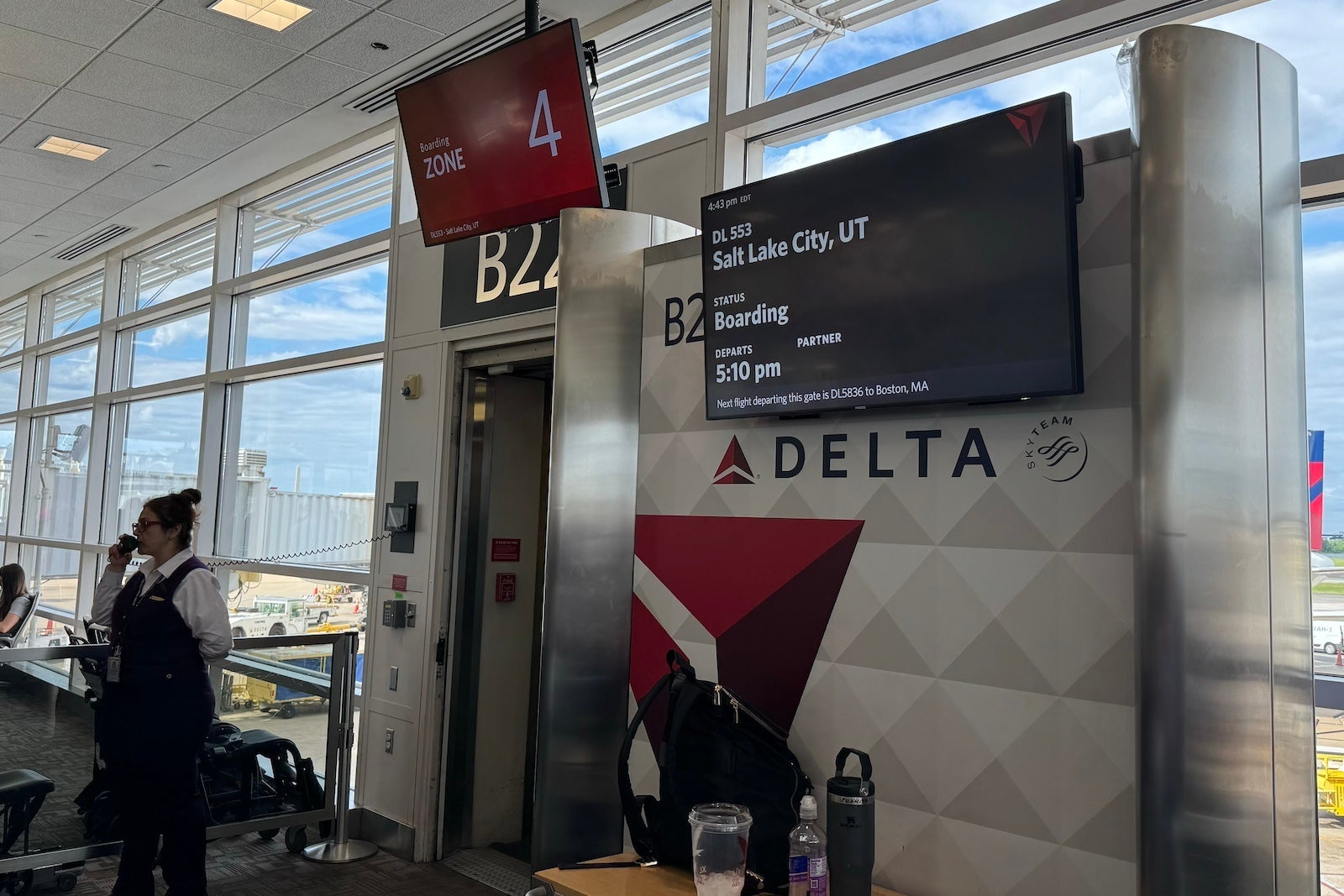Delta Airlines is now using AI to price flights

Delta Airlines takes dynamic pricing to the next level. This week, the Atlanta-based airline said it hopes to use artificial intelligence to affect one-fifth of its domestic flights by the end of 2025.
This will represent a sharp increase in the use of airlines in using AI when deciding on passengers to pay for flights.
Last fall, Delta executives first revealed that the company had begun using AI in a small portion of its bookings. At the time, AI tools involved only about 1% of the airline network, and leaders shared in Delta’s November 2024 Investor Day introduction.
Related: Best Airlines Report 2025: Delta’s TPG Ranking for the Seventh Consecutive Year
AI is now behind Delta’s pricing decision about 3% in the domestic network, President Glen Hauenstein shared on the company’s second-quarter yield on Thursday.
“Our goal is to reach about 20% by the end of the year,” Hauenstein told analysts Thursday.
“We love what we see. We love it so much and we will continue to launch it.”
Major technology investments
Airline companies have invested heavily in recent years (to be sure) upgraded passenger-facing technologies such as booking channels and mobile apps.
These investments have led to new products such as better luggage tracking features integrated with Apple Airtags to stop gate technology for line cutters and better tools to help passengers rebook when delaying or canceling flights.
Daily Newsletter
Reward your inbox with TPG Daily Newsletter
Join over 700,000 readers for breaking news, in-depth guides and exclusive deals from TPG experts
Read more: The best time to book cheap flights in 2025

The operators have also upgraded behind the technology that powers airlines. This includes their revenue management systems that are (among other things) indispensable in setting fares and prices, constantly weighing factors such as supply and demand for a particular flight.
In the spring, the idea that carriers have become more complex in pricing strategies is in the revelation that a few American airlines (including the Delta) occasionally accused passengers of being alone, rather than more passengers, rather than flying in two or more crowds. (TPG reports find that specific pricing strategies are not common, but they do happen.)
It’s not clear whether AI was, in any way, involved with those particular pricing strategies, but industry experts spoke to increasing sophistication on the airlines’ part: “With more advanced technology and with more passenger history, I think airlines are becoming better able at estimating passengers’ willingness to pay,” Kerry Tan, an expert in airline revenue management at Loyola University in Maryland, told me this spring.
Hauenstein said last fall, in Delta’s Investor Day speech, the use of AI (PDF Link) would lead to “a comprehensive design of our prices and future prices.”
Related: Delta predicts that the sky club’s overcrowded will be “solved” in the next 2 years (mainly)
Bottom line
Incorporating AI into revenue management will probably make airlines’ dynamic pricing strategies stronger, especially if Delta reaches 20% usage by the end of the year.
“We will continue to launch it, but we will continue to take the time and make sure the launch is successful, rather than trying to hurry it up,” Hauenstein said on Thursday.
A January survey by consulting giant KPMG found that two-thirds of business leaders surveyed AI expect AI to fundamentally change its business in the next two years.
Apparently, this includes the travel department.
Related readings:



